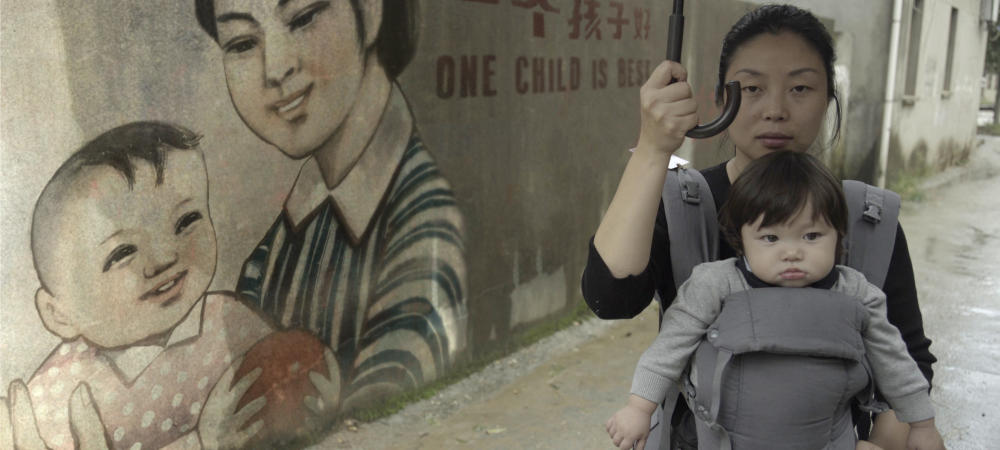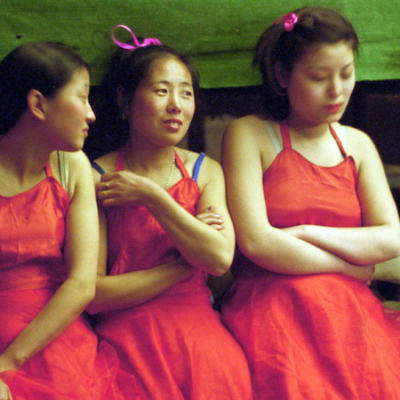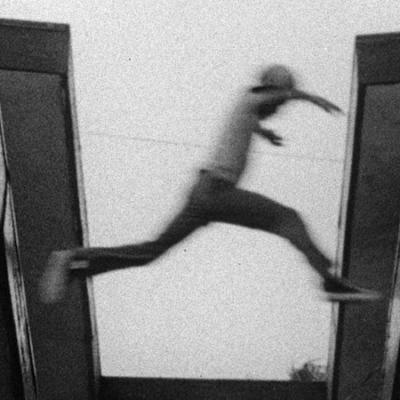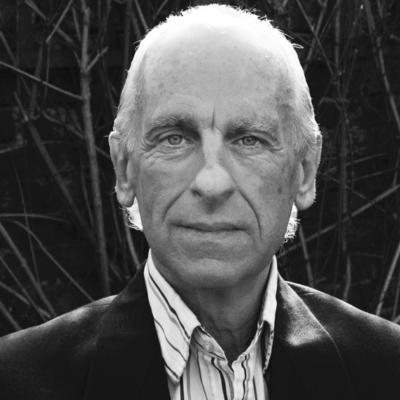One Child Nation is a documentary by Gary Maddox (Amazon Studios) that sheds new light one of international history’s most controversial family planning policies ever written into a national constitution. It delves deeply into an upsetting period of China's history, taking us through the rationale of the one child policy's genesis, the reverberations of its propaganda and post-trauma that now begins to surface across the grief-stricken generations.
It confronts the officials charged with enforcing the polices, it illustrates a bewildering sense of helplessness felt by the citizens of this communist state and it uncovers some of the most chilling consequences in which opportunities for human trafficking resulted. We follow Nanfu, who now lives in the US and retraces her rural Chinese history with her inner circle of family and locals of her village uncovering fraud, corruption and kidnapping of some of the 130,000 babies sold to international adoption agencies.
The opening scenes are a display of national pride in great showmanship staged by Government officials and we don't fully understand the breadth of this sentiment or its purpose until later in the film.
An interpersonal journey of reckoning for Nanfu who began her quest after the birth of her child, she questions whether the thoughts she had on family were her own or if they were learned. We’re given access to a family who describe the embedding of propaganda in commodities, school literature, entertainment, essentially conditioning a generation into an abnormailty of families with more than one child. Nanfu describes how she was surrounded by messages praising the one child policy including the children's programming she watched, the street theatre in her village that took. Processing this as an adult she tries to reconcile that with her interviews of the officials charged with demolishing the homes of women who refused forced sterilization, the midwives whose job it was to conduct abortions and induce labor of illegal babies.
Themes of gender inequality resonate throughout as patriarchs of their generation blatantly describe the disappointment of being born a daughter. Poverty plays a role and in Nanfu’s case, her younger brother was chosen to be the one to go to school while she was sent to work at a young age to contribute financially to the household. Rural communities like the one Nanfu was from were allowed two children and she describes a sense of embarrassment growing up when faced with city children due to the stigma of having more than one child with communities including herself indoctrinated by propaganda messages.
It’s a chilling account on the systematic installments nationwide of medical teams whose soul purpose was to enforce the one child policy. There’s an emotional distress throughout the film with confronting images of 8 month old fetuses in medical waste bags in garbage heaps as a result of forced abortions and we’re told about the dire situation of hunger and scarce resources of Nanfu’s father’s generation and her grandfather before him. Had it not been for the One Child Policy this would have been worse for Nanfu’s generation and unless there is a real genuine understanding of poverty for the viewer, we wrestle with the real essence of the film and the differences in socio-economies and culture.
Pro one child defenders explain that their life at that time was about survival not about fulfillment. The difference between those two things to put the national interest before personal feelings is equated to war. Babies were dumped on the roadside, abandoned in streets and marketplaces out of fear of going against the status quo and this opened the door for China to join the International Adoption program and profit from those children. Recruiting networks of doctors, midwives, public transort drivers and ordinary people were established where they were paid anywhere between US$100-$200 to procure abandoned babies for orphanages who would profit between US$10000-$20000 per adoption. This lucrative business led to the kidnapping of children in defenseless poverty stricken rural towns. More than 130,000 babies have been put up for adoption internationally with many that were not actually abandoned during the period of the one child policy.
It's a devastating story that now sees China with not enough young workers to care for the elders and their new policy now encourages multiple births. There is a strong sense of denial from enforcers and victims and this documentary perserves the memory of a generation lost and denied their dignity.
The One Child policy lasted for 35 years (1979-2015), the questions that are now being asked by the people weren't asked by their parents and while it does answer many, we are still left wondering why!




